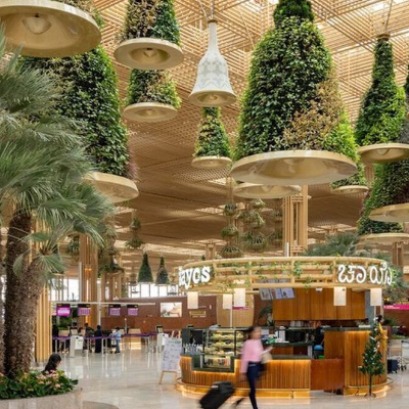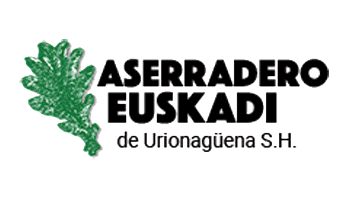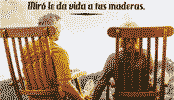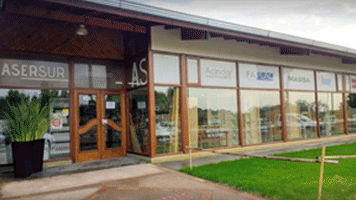
Se acerca edición 2017 del Salón del Mueble Argentino y con ella la oportunidad de ver el rumbo del diseño de muebles. Multiplicado por dos y en dos momentos estratégicos del año, serán una vez más el podio donde despega lo que vendrá.
5º Edición Córdoba, Forja Centro De Eventos, 20, 21 y 22 de Abril; 6º Edición Buenos Aires, La Rural, 17, 18, 19 y 20 de Agosto. Allí, multimaterialidad, innovación y diseños de toda Argentina configurarán nuevamente las dos vidrieras exclusivas del mueble argentino.
Donde diseñadores independientes, estudios de diseño e industrias, cuentan con una exhibición exclusiva para exponer ante visitantes estratégicos, con el fin de lograr contactos imprescindibles.
Desarrollada de modo conjunto a FIMAR, el principal encuentro de la industria argentina de muebles, los productos son vistos, de modo exclusivo, por fabricantes, comercializadores y prensa especializada.
El SMA es el presente y el futuro del mueble argentino.

IT MAY INTEREST YOU
 More wood | Air terminals as well-being spaces with design and natural atmosphere
More wood | Air terminals as well-being spaces with design and natural atmosphere
In a world in which mental health, comprehensive well-being and connection with nature are increasingly urgent, wood appears as an increasingly chosen material to transform not only how we live, but also how we feel and move.
 Reforestation advances in the Historic Sanctuary of Machu Picchu with new restored hectares
Reforestation advances in the Historic Sanctuary of Machu Picchu with new restored hectares
The plan includes the planting of a thousand new trees in the sanctuary, in response to the damage caused by forest fires and environmental threats, with the support of local authorities and representatives of the tourism sector.
 Nation reinforces prevention and training against forest fires
Nation reinforces prevention and training against forest fires
The director of the Federal Emergency Agency (AFE), Santiago Hardie, referred to the support that the Nation provides in fighting fires. He argued that the majority of igneous sources respond to human interventions and that, therefore, social awareness is a central tool to reduce environmental, material and human damage.






















